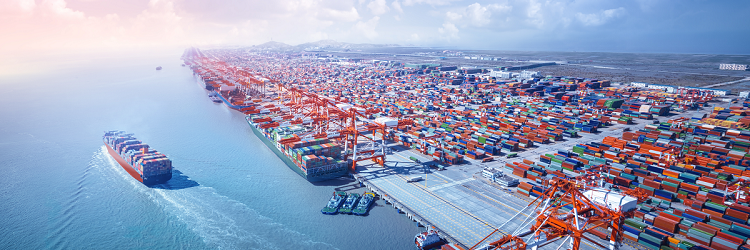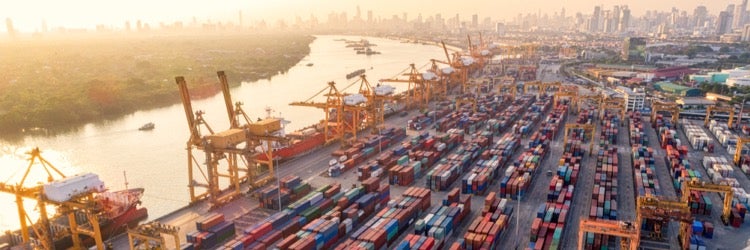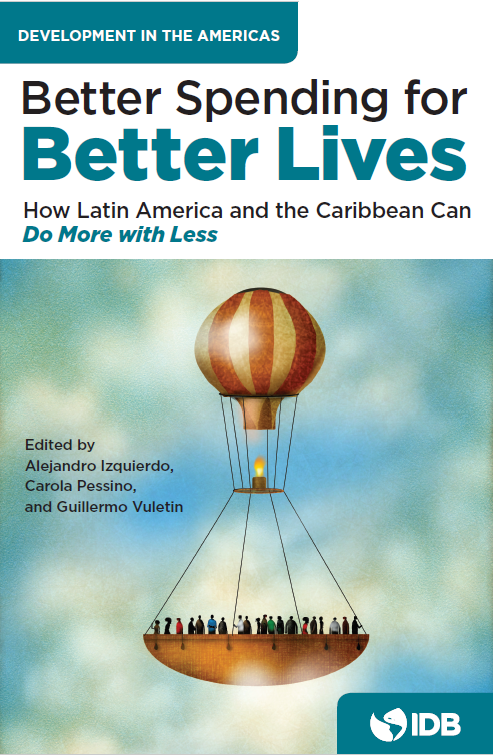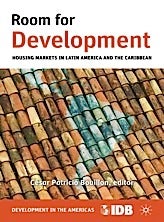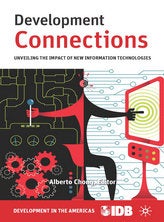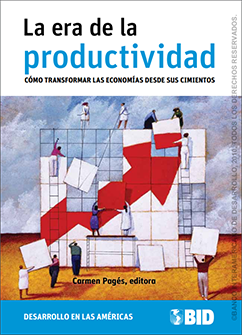Related Research
Foreign Competition and Innovation in Latin America, Dec 2019
Income Inequality in Mexico and Import Exposure: Estimating the Impacts from the Expenditure Channel, Dec 2019
Innovation in the Global Economy: Opening-Up Latin American Innovation Systems, Dec 2019
The China Shock Impact on Brazil’s Manufacturing Labor Market, Dec 2019
The Heterogeneous Impacts of Import Competition on Mexican Manufacturing Plants, Dec 2019
China Import Competition and El Salvador Manufacturing Firm Performance, Nov 2019
Local Labor Market Effects of NAFTA in Mexico: Evidence from Mexican Commuting Zones, Nov 2019
The Effect of the Chinese Import Competition on El Salvador Labor Market, Nov 2019
Trade and Real Wages of the Rich and Poor: Evidence from Brazil and Mexico, Nov 2019
Training and Labor Adjustment to Trade, Oct 2019
Trade Attitudes in Latin America: Evidence from a Multi-Country Survey Experiment, Apr 2019
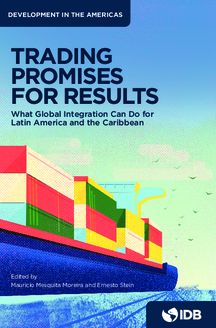
Thirty years after the region embarked on large-scale liberalization, trade policy could have been expected to become all but irrelevant. Instead, a mismatch between expectations and what could realistically be delivered set the stage for much of the disappointment, skepticism, and fatigue regarding trade policy in the region, particularly in the early 2000s. By setting the bar unrealistically high, governments and analysts made trade policies an easy target for special interests that were hurt by liberalization and for those ideologically opposed to free trade. The most immediate victims were the more tangible growth and welfare gains, whose relevance was lost amid the noise of grandiose visions. Liberalization made most countries better off, on the back of substantive productivity gains. The growth results are also impressive. On the other hand, the employment and inequality outcomes fell short of expectations. Acknowledging these lessons on the limits of trade and investment policies and the need for complementary action is important, but putting together an effective policy agenda for the future involves other challenges—some old, some new—brought on by geopolitical and technological changes. Trade is a hot issue in today’s world, and this book provides informed suggestions on how Latin America and the Caribbean can successfully confront this heat.
-
English pdf
(
Downloads) -
Spanish pdf
(
Downloads) -
Portuguese pdf
(
Downloads) -
English mobi
(
Downloads) -
Portuguese epub
(
Downloads) -
Portuguese mobi
(
Downloads) -
English epub
(
Downloads) -
Spanish mobi
(
Downloads) -
Spanish epub
(
Downloads)





